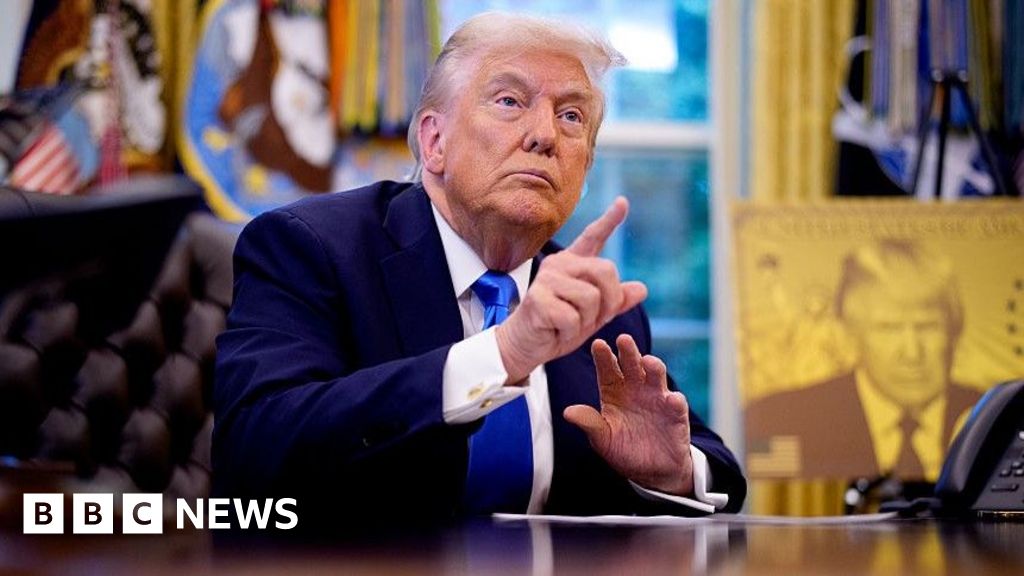Trump’s H-1B Visa Fee Hike: A Retrospective on its Impact on US Tech and Indian Talent Pipeline
Trump’s H-1B Visa Fee Hike: A Retrospective on its Impact on US Tech and Indian Talent Pipeline

In a significant policy shift during his presidency, Donald Trump’s administration proposed an astonishing increase in H-1B visa fees, raising the cost for skilled worker permits by up to 50-fold to $100,000. This move, initially met with widespread panic and confusion across the tech industry and among H-1B visa holders, prompted a swift clarification from the White House, stating the fee would apply only to new applicants and be a one-off charge. However, the proposal ignited a critical debate on the future of the H-1B program, which has been instrumental in supplying global talent to US industries for decades.
The policy’s implications were particularly severe for India, the largest source of H-1B recipients, accounting for over 70% of beneficiaries. Experts highlighted the impracticality of the $100,000 fee, noting that the median salary for new H-1B employees in 2023 was $94,000, meaning many would not earn enough to cover the cost. This threatened to disrupt the talent pipeline that had powered the American dream for millions of Indians and provided critical expertise to US sectors like technology and medicine.
While Indian outsourcing giants had begun to prepare for such eventualities by localizing workforces and shifting operations offshore, the broader impact on the US economy was projected to be significant. Hospitals faced potential doctor shortages, universities struggled to attract STEM students, and smaller startups without extensive lobbying power were particularly vulnerable. Critics argued that the policy would force US companies to offshore more work, hinder innovation, and diminish American competitiveness on the global stage.
The anxiety extended to Indian students, who constitute a substantial portion of international students in the US. Many had already incurred significant educational costs, and the sudden policy change jeopardized their most viable route to American employment. This led to predictions of reduced international student enrollment in US universities as prospective students sought more welcoming economies. Although the full legal and economic fallout remained uncertain, with experts anticipating legal challenges and uneven impacts, the H-1B shake-up under Trump served as a stress test for US companies and the economy’s reliance on skilled immigrant talent.
Disclaimer: This content is aggregated from public sources online. Please verify information independently. If you believe your rights have been infringed, contact us for removal.